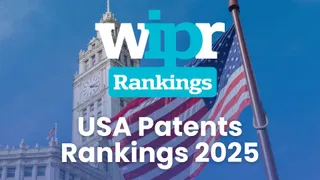
The end of the DABUS affair?
An April 6, 2021, summary judgment hearing before Judge Leonie Brinkema in the US District Court for the Eastern District of Virginia likely brings an end to the global saga brought by Stephen Thaler to challenge the very notion of inventorship of patent applications, and perhaps the larger notion of whether a computer software entity can have property rights.
Already registered?
Login to your account
If you don't have a login or your access has expired, you will need to purchase a subscription to gain access to this article, including all our online content.
For more information on individual annual subscriptions for full paid access and corporate subscription options please contact us.
To request a FREE 2-week trial subscription, please signup.
NOTE - this can take up to 48hrs to be approved.
For multi-user price options, or to check if your company has an existing subscription that we can add you to for FREE, please email Adrian Tapping at atapping@newtonmedia.co.uk

